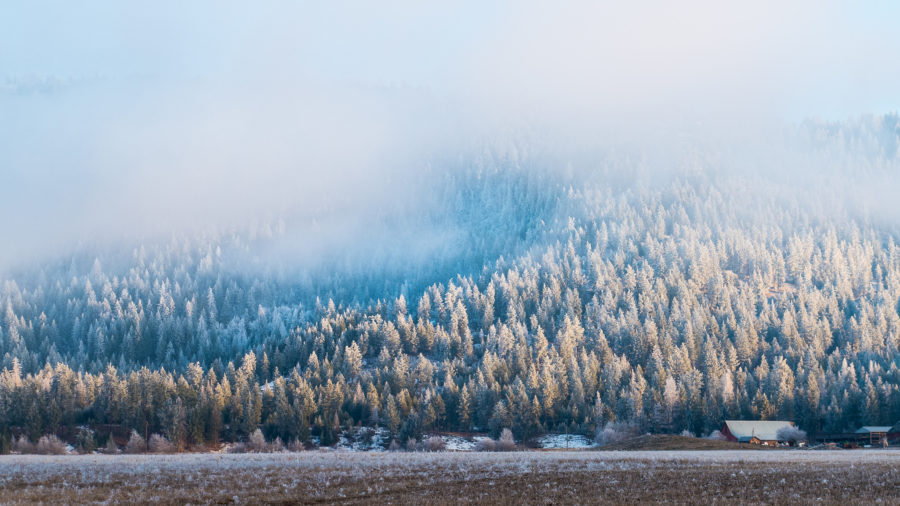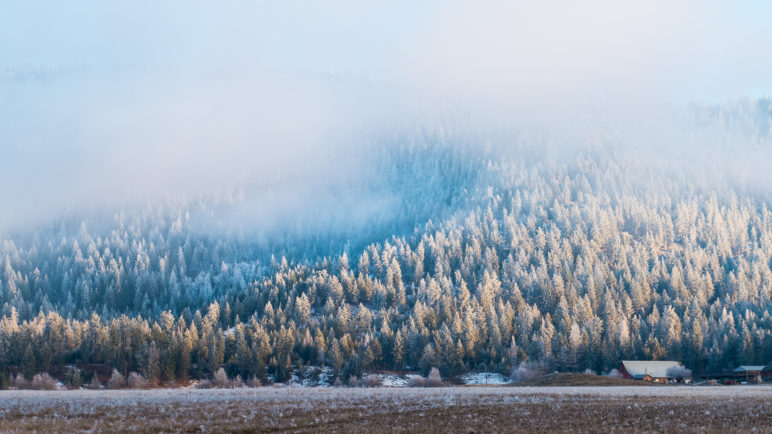Kristin
A group of electors calling themselves the “Hamilton Electors” are trying to gather enough electors across the country to fulfill the Founding Fathers’ original vision of the Electoral College as a deliberative body that would protect the nation from demagogues. They are urging electors to cast their votes for Ohio Governor John Kasich for president.
In 1952, whether a county was urban or rural said almost nothing about whether it would vote Democrat or Republican. In 2016, denser counties are overwhelmingly more likely to vote Democrat. What happened? One word: race.
“In the early days of white flight, two federal policies—the construction of the interstate highway system and mortgage guarantees for the new suburbs— pulled whites out of cities even as they were getting pushed by racial tension, desegregation and school busing.
“The people who go to the suburbs are not a random selection. They were the middle and upper class. They became homeowners. They prized neighborhoods of single-family houses. Those characteristics today all correlate with leaning Republican.”
Even as Republicans stopped trying to win votes in cities, they started talking a lot about cities: painting them as crime-ridden sanctuaries.
“They have it in their interest to appeal to suburban voters who are looking back to the city through their rearview mirrors with a mix of disgust and romance for an imagined past.”
Turns out, raising a kid is hard. Especially when you didn’t mean to have the kid. More than one-third of American children were unplanned, and those children get less emotional and cognitive support from parents than do planned children.
The New York Times has an interactive article based on Brennan Center’s research on unnecessary incarceration. Read the stories of young men who were involved in violent crimes, and decide how much more time they should serve.
Trevor Noah’s essay on growing up in South African apartheid and doing comedy in 2016 America.
A new Medium collection called “Economic Security Project” has great articles about basic income, from many different perspectives.
Kelsey
The Los Angeles Times reports that “the violence in Aleppo is a stain on the world’s conscience.” I couldn’t agree more. Last night, after watching this video of orphans in Aleppo making pleas to live, I cracked open A Thousand Mornings by Mary Oliver in an attempt to find some beauty. This poem came to me and couldn’t have been more apt for the moment:
The Morning Paper
Read one newspaper daily (the morning edition
is the best
for by evening you know that you at least
have lived through another day)
and let the disasters, the unbelievable
yet approved decisions,
soak in.I don’t need to name the countries,
ours among them.What keeps us from falling down, our faces
to the ground; ashamed, ashamed?
Eric
My top recommendation this week is The Double Bind, a first-rate piece of investigative journalism by Sara Bernard at Seattle Weekly. It’s a stomach-churning and remarkably thorough look at the failure of King County prosecutors to bring sexual assault cases to trial, setting up review standards that are nearly impossible to meet and that implicitly blame victims for being raped.
At Crosscut, Washington Republican Chris Vance explains why our democracy isn’t rigged, and the dangers of claiming that it is.
Scientists shed new light on the meaning of retreating mountain glaciers, finding “categorical evidence” that they bear the fingerprints of climate change.
John
Lots of post-election news, including Jane Mayer’s profile in the New Yorker on The Donald’s nominee for EPA, making clear his connection to the Koch Brothers and other fossil fuel billionaires.
Grist has a running article on the “basket of climate change enablers,” nominated for the new administration, which seems to be growing daily.
Grist also has a news brief covering a new SyFy show, set in 2074, at a time when “government has failed to protect its people from climate disaster and corporate takeover.” As Grist notes, this scenario is “uncomfortably close.”
But as a counterweight in Grist, Bill McKibben offers advice to activists who want to limit the damage.
On the election itself, here is Paul Krugman’s piece in the New York Times, referring to “The Siberian Candidate.”
And did you hear about the 75,000 uncounted votes in Flint and Detroit, Michigan? Well, neither did I until Democracy Now! ran this piece by Greg Palast, who previously broke the news about the pre-2000 election purge of minority voters in Florida.
John Abbotts is a former Sightline research consultant who occasionally submits material for Weekend Reading and other posts.










